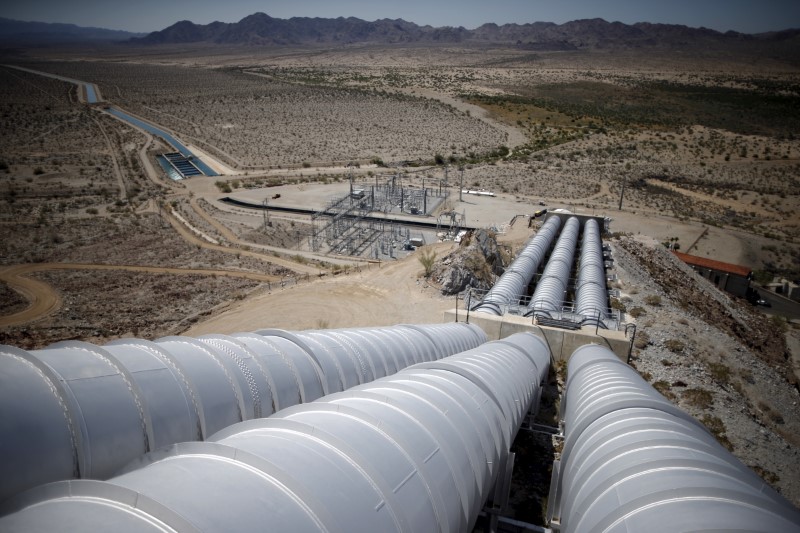Investing.com — Crude oil prices fell Monday, handing back some of the previous week’s strong gains after disappointing Chinese growth data raised concerns about the economic recovery in the world’s largest oil importer.
By 09:15 ET (13:15 GMT), the futures traded 1% lower at $74.56 a barrel, while the contract dropped 1% to $79.08.
The crude market climbed to the highest levels since April last week, finding support from OPEC+ output curbs and unplanned outages in Libya and Nigeria.
Chinese growth disappoints
However, this positive tone dissipated early Monday following the release of underwhelming gross domestic data from China, the world’s second-biggest oil consumer.
China’s second-quarter grew 0.8% from the prior quarter, a substantial slowing from the 2.2% seen in the prior quarter.
Additionally, grew 6.3% in the second quarter on an annual basis, but this was mainly due to a lower basis for comparison from the COVID-impacted period last year, and this was lower than expectations for growth of 7.3%.
“The data will do little to ease concerns over the Chinese economy,” said analysts at ING, in a note.
Libyan oil fields resume production
Also weighing on sentiment Monday was the news that most of Libya’s major oil fields resumed over the weekend, after production had been halted later last week by a protest against the abduction of a former finance minister.
“A slight recovery in the USD has also put some pressure on oil whilst supply concerns have also eased, with both the Sharara and El Feel oil fields in Libya reportedly resuming after a brief shutdown last week due to protest,” ING added.
Crude supply to reduce in 2H
Still, it’s not bad news as crude supply is expected to reduce substantially in the second half of 2023 as the impact of Saudi Arabian and Russian production cuts begins to be felt.
Additionally, there remains a great deal of uncertainty over the possible Western response to the announcement that Russia has suspended its participation in the Black Sea grain export deal.
Last July’s deal, aimed at preventing a global food crisis by allowing Ukrainian grain blocked by the Russia-Ukraine conflict to be exported safely, was due to expire on Monday, having been extended several times.
Optimism about future prices has resulted in speculators increasing their net long positions in the ICE Brent contract over the last reporting week to the largest net long position speculators have held since April.
“However, the current speculative long is likely to be somewhat larger, given that this data will not include the post-US CPI rally,” ING added.
Read the full article here










